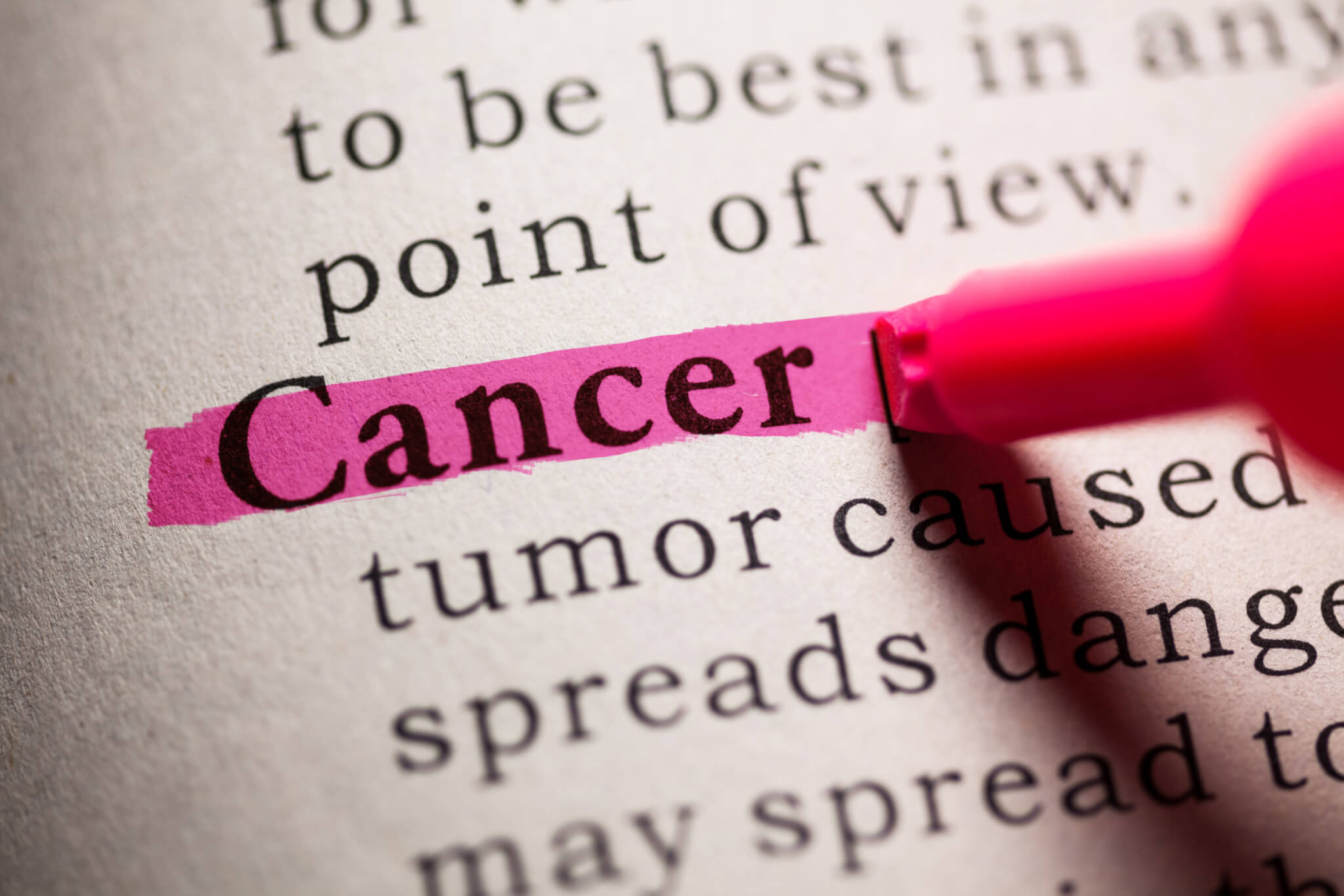GRONINGEN, Netherlands — Depression and anxiety do not increase the risks of developing most types of cancer, a new study reveals. Dutch researchers analyzed data from more than 300,000 people across four nations – the Netherlands, United Kingdom, Norway, and Canada – and found little correlation between those who developed cancer and those who suffered from these mental health conditions.
For a long time, medical experts suspected that depression and anxiety might increase the risk of cancer development. This could either be due to the impact on a person’s health-related behaviors or biological effects on the body that could foster cancer growth.
While some earlier research has suggested a connection between depression, anxiety, and cancer incidence, other studies have found little or no association.
The latest study has debunked this association, though researchers did observe a minor link between smoking-related cancers and those suffering from depression or anxiety. However, they believe this link can largely be disregarded when other health-related behavior is considered.

Experts at the University Medical Center Groningen in the Netherlands examined data from the international Psychological Factors and Cancer Incidence Consortium (PSY-CA) for this study. The data combined information from 18 prospective study groups, encompassing more than 300,000 adults.
Published in the American Cancer Society’s peer-reviewed journal Cancer, the study found no associations between depression or anxiety and breast, prostate, colorectal, or alcohol-related cancers in follow-ups that spanned up to 26 years.
However, the presence of depression or anxiety was associated with a six-percent higher risk of developing lung cancer and other smoking-related cancers. This risk was substantially reduced when adjusted for other cancer-related risk factors such as smoking, alcohol consumption, and body mass index (BMI).
The researchers emphasized the significance of addressing tobacco and other unhealthy behaviors, including those that might develop as a result of depression and anxiety.
Dr. Lonneke van Tuijl, who led the study, acknowledged that her team’s results might provide comfort to those diagnosed with cancer who previously believed it might have been linked to prior mental health diagnoses.
“Our results may come as a relief to many patients with cancer who believe their diagnosis is attributed to previous anxiety or depression,” says Dr. van Tuijl in a media release.
“However, further research is needed to understand exactly how depression, anxiety, health behaviors, and lung cancer are related.”
South West News Service writer James Gamble contributed to this report.

